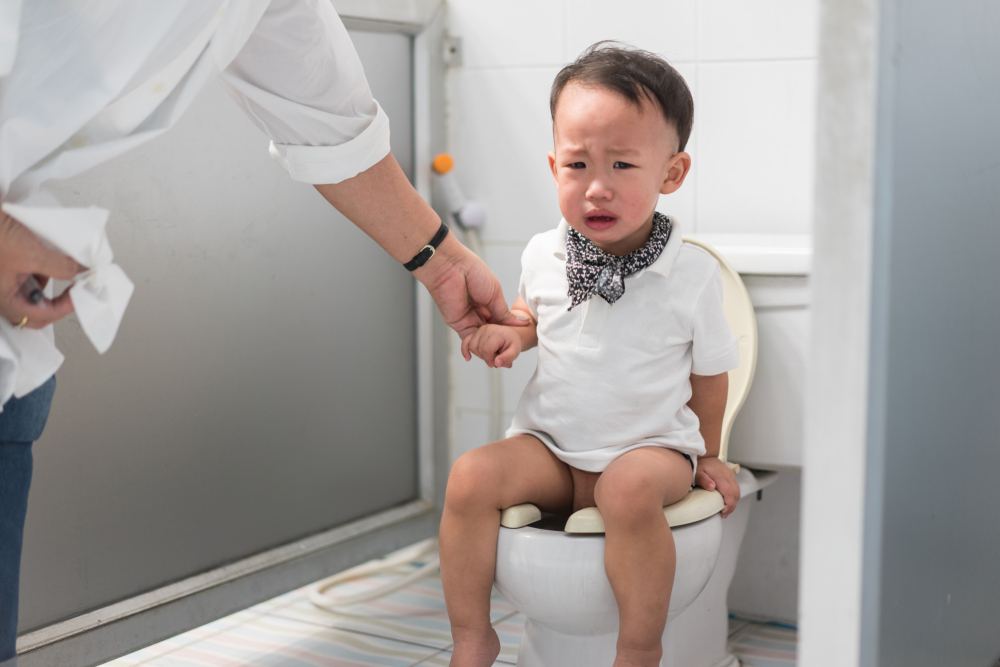Comprehensive Guide to Recognizing and Managing Constipation
This article offers an in-depth overview of constipation, including its symptoms, causes, and effective treatment methods. It emphasizes lifestyle adjustments and medical options to restore regular bowel movements and prevent complications. Proven tips include hydration, fiber-rich diets, and consulting healthcare providers for persistent issues, promoting better digestive health and overall well-being.

Comprehensive Guide to Recognizing and Managing Constipation
Constipation is a common gastrointestinal issue characterized by infrequent or difficult bowel movements, impacting daily comfort and health. While everyone experiences constipation at some point, it becomes problematic when bowel movements are less than three times a week and stools become hard and painful to pass. Symptoms include fewer bowel movements, straining, abdominal discomfort, and a persistent feeling of incomplete evacuation. Addressing constipation involves understanding its underlying causes and adopting effective treatment strategies to restore normal bowel function.
Several factors contribute to constipation, including dietary changes, stress, dehydration, or digestive issues. Consuming less fiber, insufficient water intake, or certain medications can disrupt bowel regularity. Identifying these triggers is essential for effective management. Treatment options focus on lifestyle modifications, such as increasing fluid and fiber intake, not ignoring the urge to defecate, and incorporating gentle physical activity. Persistent cases may require medical intervention, including stool softeners or other prescribed medications from a healthcare provider.
Timely and proper treatment can alleviate symptoms and prevent complications. When experiencing symptoms, start with home remedies like drinking warm fluids, enriching your diet with fruits and vegetables, and staying hydrated. If symptoms persist, consult a doctor for personalized advice and treatment options, especially for chronic constipation. Remember, early intervention is vital for maintaining digestive health and quality of life.










